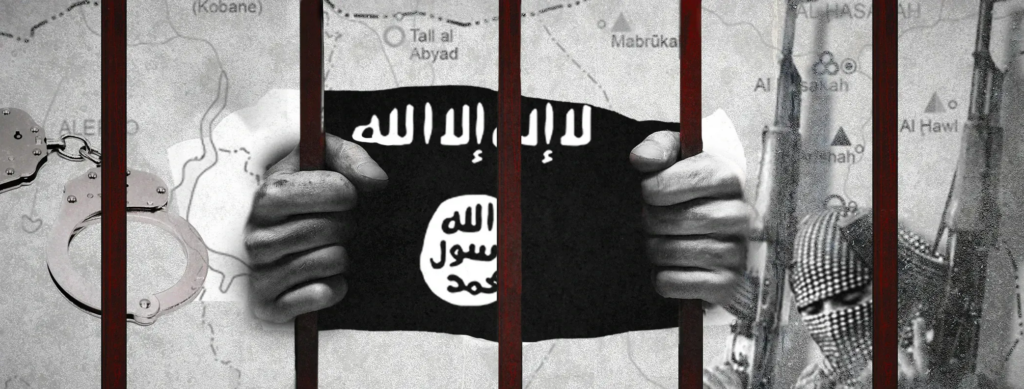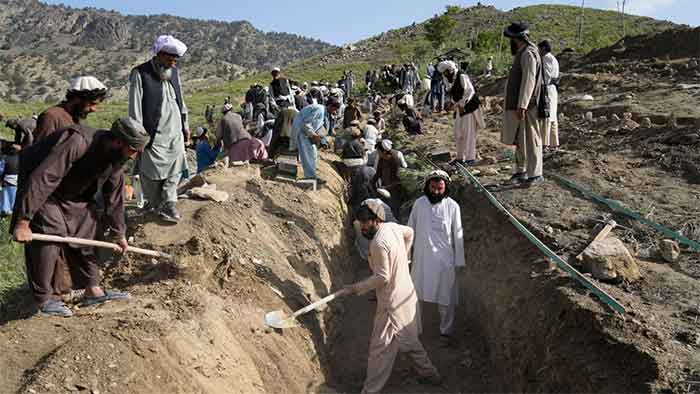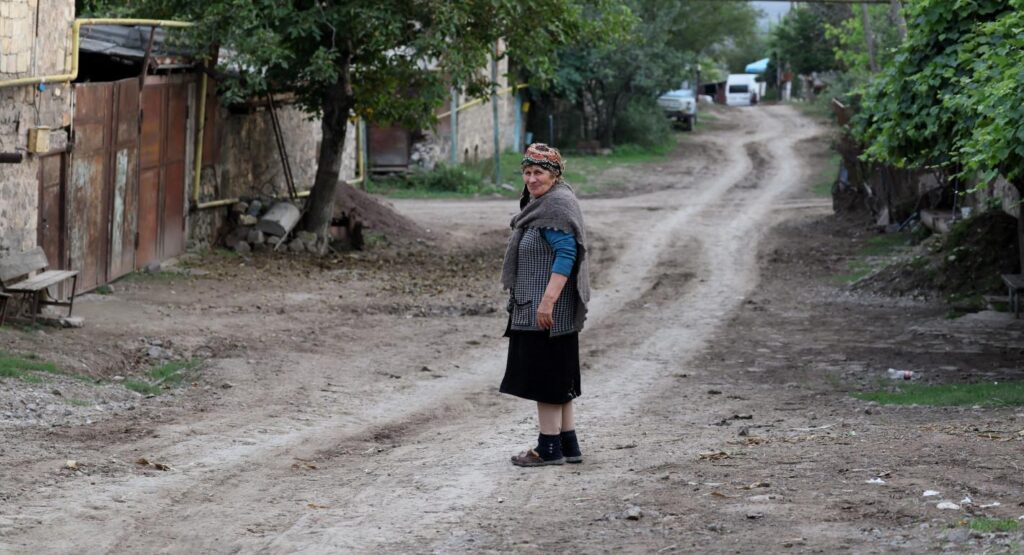ISIS has declared the death of its leader and the appointment of a new leader

- On August 3, 2023, ISIS’s Al-Furqan Media Foundation released an audiotape with a statement by Abu Hudhaifa al-Ansari, ISIS’s spokesman. In the tape, the organization’s spokesman announces the death of Abu al-Hussein al-Husseini al-Qurashi, the organization’s leader, and the appointment of Abu Hafs al-Hashemi al-Qurashi as his replacement.
- ISIS’s spokesman blames the leader’s death on the Al-Qaeda-affiliated HTS, which is considered the dominant organization in the rebel enclave in Idlib. He denies the official version published by Turkey, according to which Al-Qurashi was killed by Turkey’s National Intelligence Organization (MIT). HTS issued a statement denying its involvement in killing ISIS’s leader. It should be noted that alongside the news of his death, rumors also circulated about the ouster of the leader even before he was killed.
- Although the date of his death is not specified on the audiotape, the ITIC estimates that he was killed in April 2023. As ISIS has done in the past, this time too, the information about the leader’s death has not been officially published by ISIS. This is apparently because the organization waited for a new leader to be chosen by the Shura Council and for establishing support and recognition for his appointment by the operatives in the various provinces.
- This is the fourth leader of ISIS killed since the establishment of the organization. The last three leaders were killed after a relatively short term of office and it seems that their term of office is getting shorter after the first leader, Abu Bakr al-Baghdadi, served for six and a half years while the last leader served only six months. It should be noted that the short terms of office of the organization’s leaders and the high turnover of the organization’s leaders are a severe blow to ISIS’s power, capabilities, and image. It should also be noted that the four leaders were killed on Syrian soil, to which the center of gravity of the organization’s leadership has moved. All four were killed in areas where the Syrian government had limited control (Idlib and Daraa).
- If HTS is indeed responsible for the leader’s death, this is the second time that ISIS’s leader has been killed by a rival organization in Syria. This time it is an organization affiliated with Al-Qaeda operating in the Idlib region. It is possible that his death will lead to attempts by ISIS operatives to carry out a series of acts of revenge.








